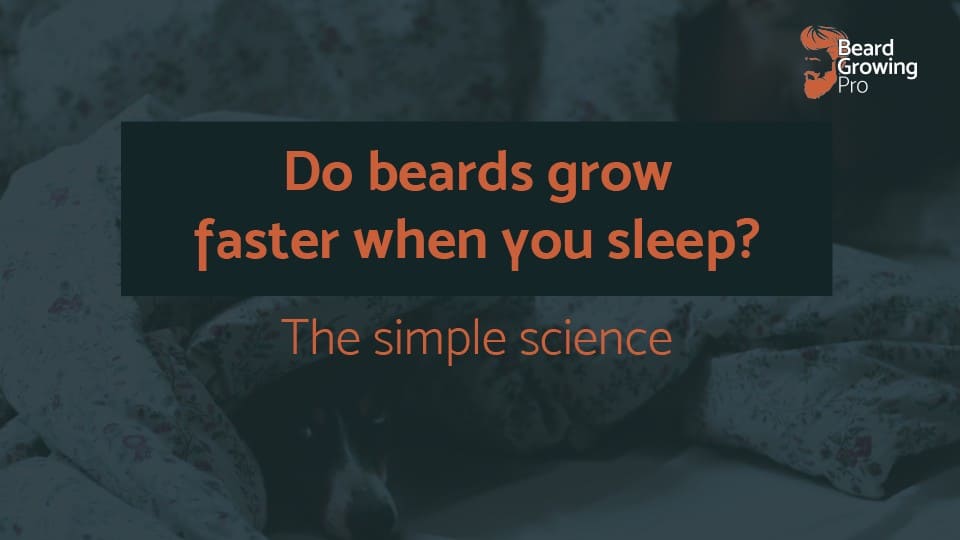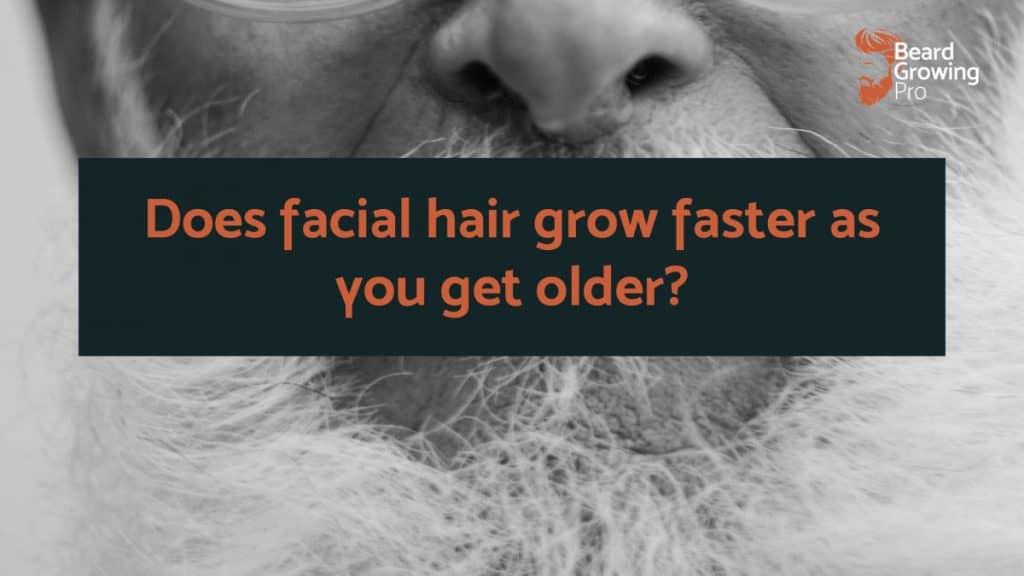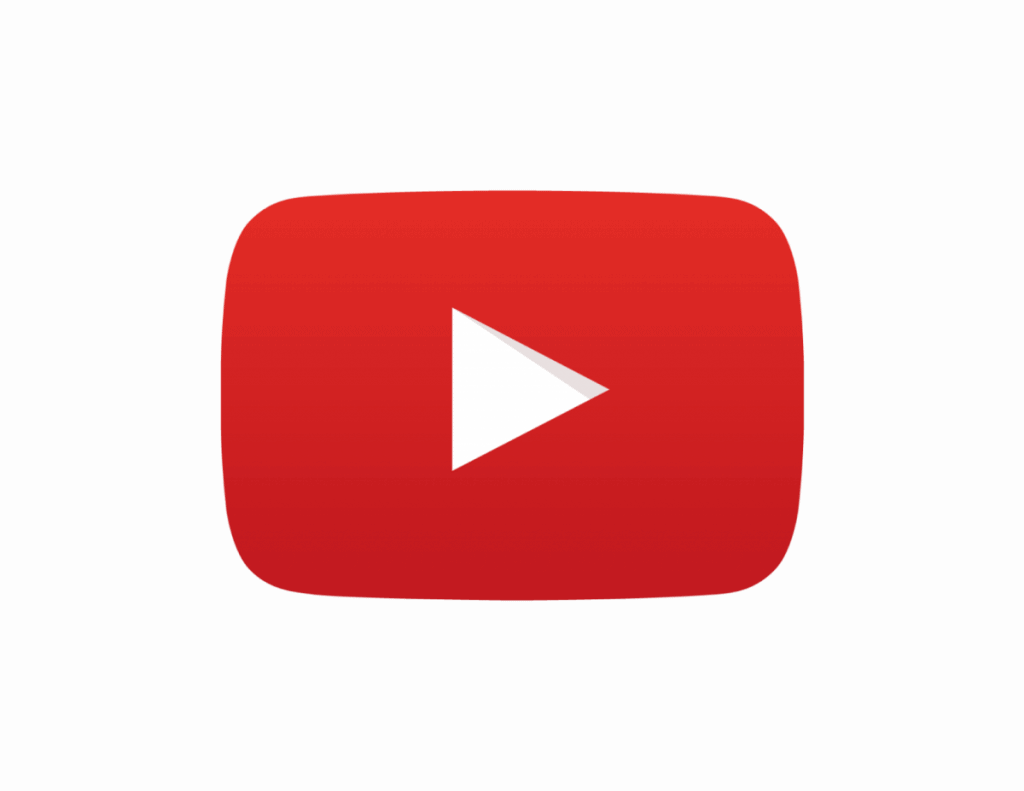Waiting for a beard to grow can feel like a lifetime. That’s because beards grow incredibly slowly. The average rate of hair growth on your body is approximately 0.25 mm per day. If you are constantly checking in the mirror and are impatient for your beard to grow it’ll seem like a much longer time.
As you get older your facial hair can grow up to 0.015 inches (0.38 mm) per day and that rate stays the same throughout your life. The most noticeable change is not the speed at which hair grows but rather it is the density and thickness of the hair that increases as you age.
It is young people in particular that struggle with the patience for growing a beard. A beard does not start growing into the later stages of puberty. This means that a teenager who has all of the other signs such as a deep voice, broad shoulders, and a large Adam’s apple can still struggle to grow facial hair.
The rate of growth of facial hair is dictated by the rate of your metabolism. Your metabolism is unique to you and it is essentially how quickly the chemical processes in your body can take place. Once your body starts producing a beard after puberty it is not the growth rate which changes but rather the thickness of the individual hairs – their reaction to testosterone and DHT – and also the density of terminal hairs on your face.
After puberty hairs turn from vellus (light thin hairs) to terminal hairs (thick dark hairs) and also increase in density with more terminal hairs being produced by adjacent hair follicles.
It is the combination of these two things which results in a beard looking like it is growing faster when in fact it is just growing thicker.
In order to understand the journey of a typical beard grower I documented my journey from the ages of 17 up until current day – the age of 35. Check out the YouTube video, below for all of the juicy details.
Here are the ways that you can increase your beard growing potential in the early years of beard growth. If you want to know more about how to grow a beard faster for a teenager check out my other article – click here for ways to boost your testosterone.

If you are becoming impatient about the speed of your facial hair growth here are some of the things you can do to speed up.
Article Contents
What ACTUALLY makes facial hair grow faster?
Your beard growth is only as fast as your body can make hair. The real question is what makes the body more efficient at producing hair?
Essentially you need to boost your testosterone levels to give your body the best opportunity of producing DHT which stimulates beard growth and you also need to make sure your body is operating as smoothly as possible by being a fit and healthy individual.
Get some exercise
High-intensity exercise including weight lifting has been shown to increase the amount of testosterone in teenagers and older males. Therefore, you should consider keeping your workouts short and avoid workouts for more than one hour.
As a rule of thumb, you should exercise large muscle groups like your legs. So don’t focus only on the upper body even though they always seem like the best exercises to do.
Try this as a work out:
- Warm-up with some light jogging and stretches.
- Four sets of eight reps bench press with the same number of squats in between the benchpress.
- Four sets of eight reps deadlifts with the same number of pull-ups in between.
- Five sets of maximum 10-second sprints.
- Cool-down with light jogging and stretches.
Do this three days per week and you should notice an increase in your overall health and also your testosterone!
Sleep
Studies have shown that sleep deprivation decreases beard hair growth. 19% decrease in beard growth was seen after 48 hours of sleep deprivation. Therefore, getting a good amount of sleep means that your hormonal regulation will be better and your beard will grow faster.
A study in 2004 looked at the relationship between sleep disorders and the amount of testosterone in men. If we are going to have a look at the growth rate of hair we should understand the importance of sleep on the levels of testosterone so that we can be sure that the growth of the hair is not inhibited by the amount of testosterone present.
Testosterone is produced throughout the day. They are higher upon waking and decreased to a low point at the end of the day. So, from this we know that you need to get a good night’s sleep to have a good amount of testosterone at the beginning of the day. There are bursts of testosterone production that occur about every 90 minutes or so throughout the day, as well.
As you are sleeping testosterone levels begin to increase with the onset of sleep. And, particularly in young men, they reach a peak of testosterone in the first rapid eye movement sleep episode and remain at that level or until they wake up.
You need to be asleep for at least three hours (with a normal sleep pattern) to see the increase of testosterone associated with sleeping.
If you want to know more about sleep and beard growth you can check out my other article – do beard grow faster when you sleep? [The science] – click here to be taken to article.

Diet
A well-balanced diet make sure your body has all of the fuel it needs for growing a beard. I did a full rundown on the seven foods that increase beard growth and the science of free radicals and how leafy greens can protect your beard in the following YouTube video:
Here are the important components which you definitely need to include into your diet
Eggs
Eggs contain both protein and biotin – both of these things promote hair growth. When you look at your diet you need to make sure that you are eating a good amount of protein as the hair on your body is made up mostly of protein. This is particularly important if you are on a vegetarian or another restricted diet. Most people will not have to worry about getting adequate amounts of protein in the diet but if in doubt about your intake speak to a doctor or nutritionist.
Lastly, eggs contain a molecule called Biotin. Biotin is a molecule found in eggs, milk, and bananas. It is commonly recommended for brittle hair and other conditions but taking more than what is consumed naturally has not been shown to have any benefit. In other words, you don’t need biotin supplements unless you have been diagnosed with low levels. Biotin is an essential part of the production of keratin – a protein found in hair.
Berries, citrus and other fruits
Vitamin C is a really strong antioxidant and can be found in berries, oranges, blackcurrants, kiwi fruits, lemons, lychees, papayas and strawberries. Vitamin C can help protect the beard hair follicles against damage from things called free radicals in the body. These are molecules that naturally occur in our bodies so it’s not anything you should be worried of – but vitamin C is your friend when it comes to limiting the amount of free radicals in your body.
The body uses Vitamin C to produce collagen with is another protein that is in the body that strengthens hair – including the hair on your face. Make sure that you take in a good amount of vitamin C and your beard will thank you for it!
Spinach and kale
Besides Vitamin C, as mentioned above, spinach and kale contain vitamin A. Vitamin A helps the glands on the face produce sebum. Sebum is an oil that is produced by your face to keep the hair and the skin well-conditioned. As your beard gets longer the natural oils on the face struggle to produce as much sebum that your beard needs to stay hydrated. So, you can also supplement the oils with a good quality beard oil! Check out my really in-depth guide on all of the things you need to know about beard oil.
Fatty fish
Some types of fatty fish contain a huge amount of omega-3 fatty acids and have been shown to promote hair growth. Not only are the fatty fish great sources of these essential fatty acids – they contain a load of protein too! Fish that are considered good sources of omega-3 fatty acids are:
- Tuna
- Salmon
- Herring
- Anchovies
- Sword fish
- Sardines
- Mackerel
- Trout
- Pollock
If you don’t like the taste of the fish you can also find these great fatty acids in the form of pills. Click here to find out the best prices for fish oil tablets on Amazon.
Avocados
Avocados are delicious and a wicked source of healthy fats. They contain a huge amount of vitamin E which, like vitamin A, helps combat oxidative stress caused by free radicals in the body. One study resulted in people with hair loss seeing 34.5% more hair growth after taking Vitamin E for eight months.
Also, just like the fish mentioned above, you can find a good amount of fatty acids in the avocado! This makes it one of the best foods or beards on this list!
Nuts and seeds
Nuts and seeds are like little packets of beard growing power. They contain a huge density of powerful beard growing molecules such as:
- Vitamin B
- Vitamin A
- Zinc
- Selenium
- Omega-3 fatty acids
The best sorts of nuts are Almonds and the best sorts of seeds for your beard growth are sunflower, chia and flax seeds. When I first started using seeds in my meals I was surprised how easy it was to mix them into things like porridge and smoothies. A delicious way to add a nutrient boost to a range of meals!
Red meat
Meat, in general, is found in most people’s diets and is not only a great source of protein – it contains iron and other vitamins that may help make your beard hair stronger and thicker. Protein can also be found in a large range of not animal products too so if you are a vegetarian you don’t have to eat meat to have a brilliant beard.
You can also try some natural beard grown vitamins to increase your beard growth rate.
Using vitamins is a relatively contentious issue in the beard space and for a lot of people they simply do not work. For a complete rundown on the science behind beard growth firemen check out my other articles – do beard grow via men’s work? What the science says – click here to be taken to article.

You can try:
- zinc and vitamin B – there is one study which shows the zinc and vitamin B supplements increase sperm quality by 72%. Sync is also used to boost testosterone in athletes.
- Boron – there are a couple of studies that show the boron increases the testosterone in DHT levels found in the body.
- Ashwagandha aka Ayurveda – this is a new supplement for the American market but there are two studies (here and here) which used human participants and showed a significant increase in testosterone.
- Mucuna Pruriens – There have been two studies that show the testosterone boosting power of this supplement. It has been shown that it increases testosterone levels by about 38 percent.
- Creatine – There are plenty of scientific reports that show how well creatine boosts the levels of testosterone in the human body.
- Sorghum Bicolor – At the moment, however, there is only one study that took an alcohol extract and found that it increased the activity of the 5AR enzyme by 54%. This is the enzyme that converts testosterone to DHT.
You should only ever turn to supplements as a last ditch attempt and looking after your body in the ways listed above in this article will be your best first port of call. Do not take any via men’s without asking your doctor first.
Other beard speed growing question
Here are some frequently asked questions about beards and their rate of growth.
Does facial hair grow faster when you cut it?
Facial hair does not grow faster when you cut it. Despite this common belief shaving your hair does not make you grow back thicker or faster. This was debunked in a 1928 scientific paper which confirmed that shaving does not affect the thickness or rate of hair regrowth.
Summary
In this article, we have taken a detailed look at whether or not beard growth increases as you get older.
The simple answer is that beard growth only increases in terms of the thickness and density of the hair as body hair is continually growing at a rate of approximately 0.25 mm per day. This is whether it is a vellus (light hair) or a terminal hair (dark thick hair) which appears after puberty.
There are some ways to increase the rate of beard growth in your younger years and really come down to looking after your body and leading a healthy lifestyle. Vitamins and minerals do not often work as advertised.



